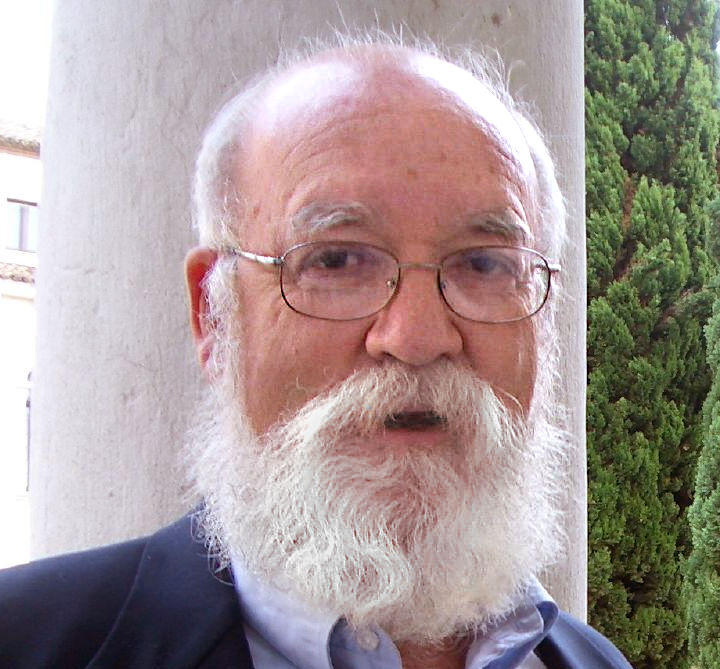In Memoriam: Daniel Dennett (1942-2024)

Who: Daniel Dennett was an important philosopher in the consciousness renaissance starting in the early 1990s, when studying consciousness was largely dismissed by academia. Although his body of work is much broader, I will touch mostly on his contributions to consciousness studies.
Why it matters: Dennett argued that consciousness is not a mysterious essence distinct from physical processes, and he proposed that consciousness can be explained entirely by understanding the workings of the brain. He promoted a theory called illusionism, which, in fairness, is part of his much broader perspective on consciousness. The way Dennett used the word illusionism was often misunderstood. He simply meant that consciousness and subjective experience are not what they seem and that the brain's neural processes ultimately create this illusion. He frequently was pitted against his friend David Chalmers. My first piece for Consciousness Uncovered was Clashing Views on Consciousness: Chalmers' Mystery vs. Dennett's Illusion.

Legacy: In 1978, "Brainstorms: Philosophical Essays on Mind and Psychology" became Daniel Dennett's first book to gain academic and public attention. Among other topics, it initially argued against the concept of free will—a stance he later revised, exemplifying how good thinkers should be open to changing their views. In 1991, he released "Consciousness Explained," which quickly became the most widely read book on consciousness. At the same time, it also became hotly debated. The book sparked diverse reactions, earning the nickname "Consciousness Unexplained" from some critics who questioned his explanations.
His style: He adopted a playful writing style in an effort to make the complex subject matter accessible to the general public. He also positioned himself as a public intellectual and remained very active until shortly before his death. In a debate with Robert Sapolsky on the topic of free will, Dennett defended a version of free will that is compatible with a deterministic view of the universe ("compatibilism.") Dennett's arguments contrast with those of Sapolsky, who takes the more deterministic view that there is no free will, illustrating his engagement with significant philosophical issues up to the very end.
The big picture: I respect Daniel Dennett's contributions, which have been valuable in advancing the dialogue around consciousness without having to agree with all of his theories. Although many questions in the field of consciousness remain unanswered, Dennett's work challenged us to think critically and underscored the importance of asking the right questions as crucial steps forward. His provocative ideas spur analytical thought, a testament to his lasting impact on the field.
Special Extras:
Daniel Dennett: Stop Telling People They Don't Have Free Will | Big Think
Do We Have Freewill? / Daniel Dennett VS Robert Sapolsky
The 4 biggest ideas in philosophy, with Daniel Dennett for Big Think+


